Career Development Program Members

Mikus Abolins-Abols, Ph.D.
Assistant Professor
Department of Biology
University of Louisville
Dr. Abolins-Abols studies the physiological mechanisms that underlie stress response in wild birds. Dr. Abolins-Abols is particularly interested in how urban environment affects the health, stress, and reproductive function of native songbirds, and whether wild species can serve as bioindicators for urban pollution exposure. Other study interests are the cellular and genetic mechanisms that underlie feather color diversity and neural mechanisms that underlie behavioral diversity.

Mayukh Banerjee, Ph.D.
CIEHS Internal Advisory Committee 4/1/23-3/31/24
Assistant Professor
Department of Pharmacology & Toxicology
Chronic arsenic toxicity, mostly through drinking of contaminated groundwater, is a global issue affecting about 225 million people worldwide, leading to multiple cancer types. My laboratory is interested in dissecting the molecular mechanisms of arsenic induced skin carcinogenesis using cell line models. Specifically, I am interested in understanding how arsenite can displace zinc from zinc finger proteins, affecting multiple cellular processes of vital importance thereby contributing to cancer development. We are also interested in exploring if zinc supplementation can prevent the arsenic binding to zinc finger motifs resulting in maintenance of proper function of these proteins and the pathways they are involved in.
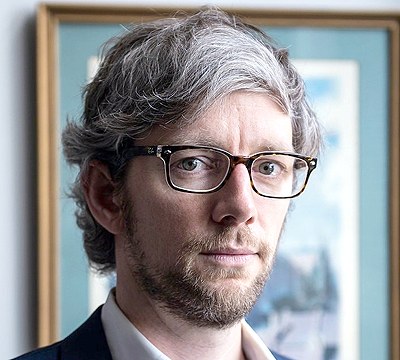
Alex P. Carll, Ph.D., M.S.P.H.
Assistant Professor
Department of Physiology
Dr. Carll's research evaluates the impacts of multiple inhaled toxins (traffic-related, printer-derived, and ambient particulate matter, as well as volatile organic compounds and e-cigarette aerosols) on cardiac electrical activity, mechanical performance, and neural regulation, and the mechanisms by which they occur.

Natasha K. DeJarnett, Ph.D., MPH
Assistant Professor
Department of Medicine, Division of Environmental Medicine
Christina Lee Brown Envirome Institute
Dr. DeJarnett (she/her) has research interests including the cardiovascular health burden of extreme heat exposure, air quality, and environmental health disparities. In addition, Dr. DeJarnett is passionate about environmental health research that informs policies and empowering communities through research engagement.
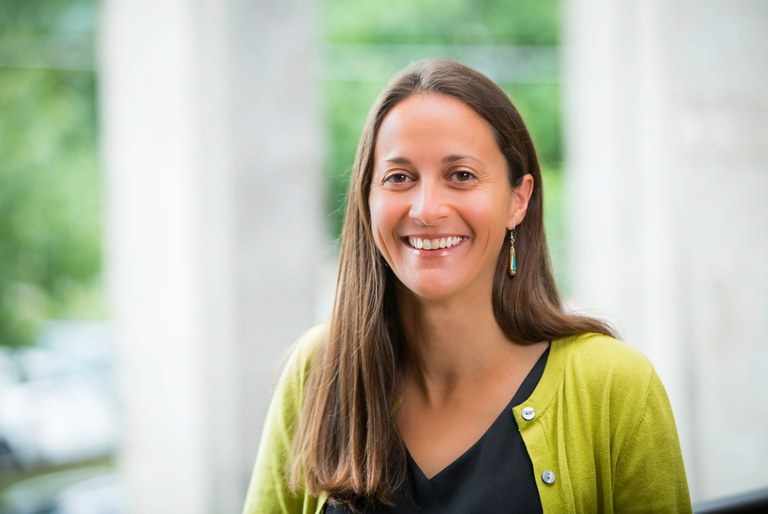
Natalie DuPré, ScD
Assistant Professor
Department of Epidemiology and Population Health
As a cancer epidemiologist, I investigate the role of environmental factors and their biological mechanisms that influence carcinogenesis and cancer progression in humans by combining expertise across cancer, environmental and molecular epidemiology. My particular research interests are in exposures to ambient pollutants, natural vegetation, radon and environmental chemicals and variation in breast cancer incidence, breast cancer survival, mammographic density, and gene expression.

Frederick Adams Ekuban, Ph.D.
NIGMS-LCTRC Presidential Research Scholar
Assistant Professor of Medicine
Department of Medicine
Division of Gastroenterology, Hepatology, and Nutrition
Dr. Ekuban's research focuses on elucidating the molecular mechanisms by which environmental pollutants, particularly per- and polyfluoroalkyl substances (PFAS), interact with lifestyle factors such as alcohol consumption to influence liver disease progression. Using integrative approaches that combine mechanistic toxicology, genomics, and translational models, his work aims to uncover how these exposures contribute to the pathogenesis of liver disease and to identify potential targets for intervention. His long-term goal is to develop evidence-based interventions and biomarkers for environmental health protection, bridging fundamental toxicological research with clinical applications.
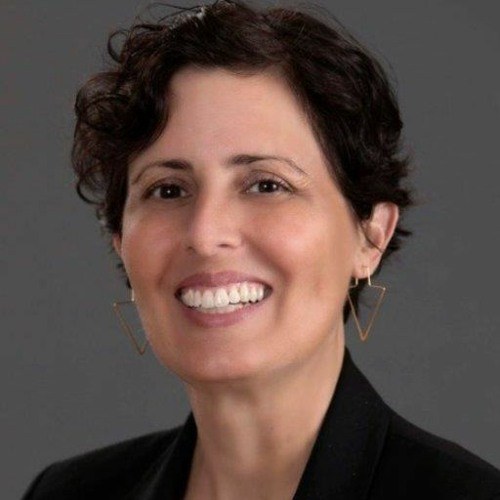
Luz Huntington-Moskos, PhD, RN, CPN
Assistant Professor
School of Nursing
My program of research is focused on adolescent health and the interplay among health behaviors, environmental exposures, and genomics. Using biobehavioral methods and environmental home testing, my long-term goal is to develop an independent program of research focused on the implementation of report-back strategies with adolescents to prevent asthma exacerbations and support asthma self-management.
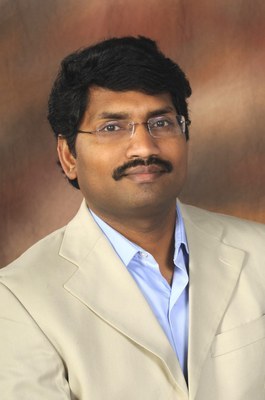
Venkatakrishna Jala, Ph.D.
Associate Professor
Department of Microbiology & Immunology
Dr. Jala has interest research in understanding the role of Gut microbiota and Microbial Metabolites in regulating inflammation and gut barrier function in gastro-intestinal related disorders.

Alexandra Nail, Ph.D.
CIEHS Internal Advisory Committee 4/1/24-3/31/25
Postdoctoral Fellow States Laboratory
Department of Pharmacology & Toxicology
Dr. Nail’s research focuses on determining how exposure to heavy metals disrupts the DNA damage response in eukaryotic cells. Specifically, she is exploring how chronic arsenic or cadmium exposure disrupts DNA repair responses and how disruption of these systems leads to the generation of fusion genes that drive heavy metal-induced cancers.

Banrida Wahlang, Ph.D.
CIEHS Executive Committee 4/1/24-3/31/25
CIEHS Internal Advisory Committee 4/1/22-3/31/23
Assistant Professor
Department of Medicine
Division of Gastroenterology, Hepatology and Nutrition
Dr. Wahlang specializes in environmental health research; her current work focuses on understanding how environmental toxicants such as organochlorine pesticides impact metabolic health, with emphasis on sex differences.
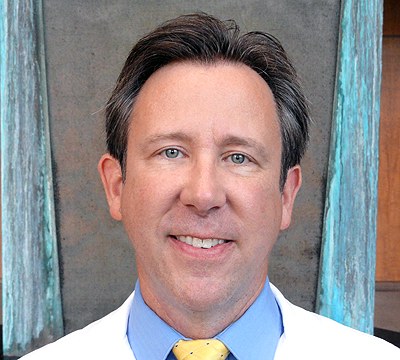
Walter H. Watson, Ph.D.
Associate Professor
Department of Medicine and Department of Pharmacology and Toxicology
Dr. Watson's research interest consists of oxidative stress and redox signaling, alcoholic liver disease, role of environmental agents in nonalcoholic fatty liver disease.
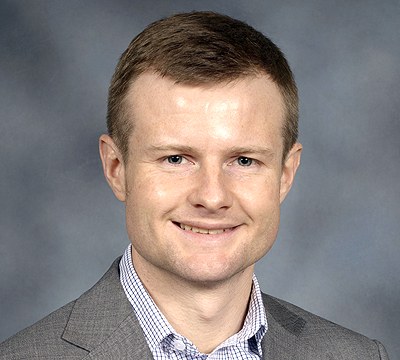
Ray A. Yeager, PhD, MPH
CIEHS Executive Comittee 4/1/23-3/31/24
Assistant Professor
Department of Environmental and Occupational Health Sciences
Dr. Yeager is an active collaborator on the Green Heart Louisville project, University of Louisville Superfund Research Center projects, and the Louisville Healthy Heart Study. The overarching goal of his research is to identify and create a better understanding of environmental factors affecting cardiovascular risk, particularly greenness and air pollutants, that enables high-impact and translatable research to further the NIH mission. Dr. Yeager oversees collection, storage, analysis, and interpretation of all geographically-linked information at the Envirome Institute. This includes geographic data analysis methods of geocoded participant records, assessment of geophysical characteristics, characterization of environmental exposures, and development of visual representations of geographic information. He has over 12 years of professional and academic experience in geographic analysis, data management, and environmental research.
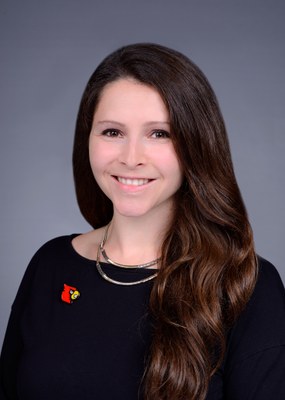
Jamie Young Wise, Ph.D.
Assistant Professor
Department of Pharmacology and Toxicology
Dr. Young’s research seeks to develop insight into how environmental toxicants (i.e., heavy metals and PFAS) affect health and cause disease, focusing on environmental liver disease (ELD).
